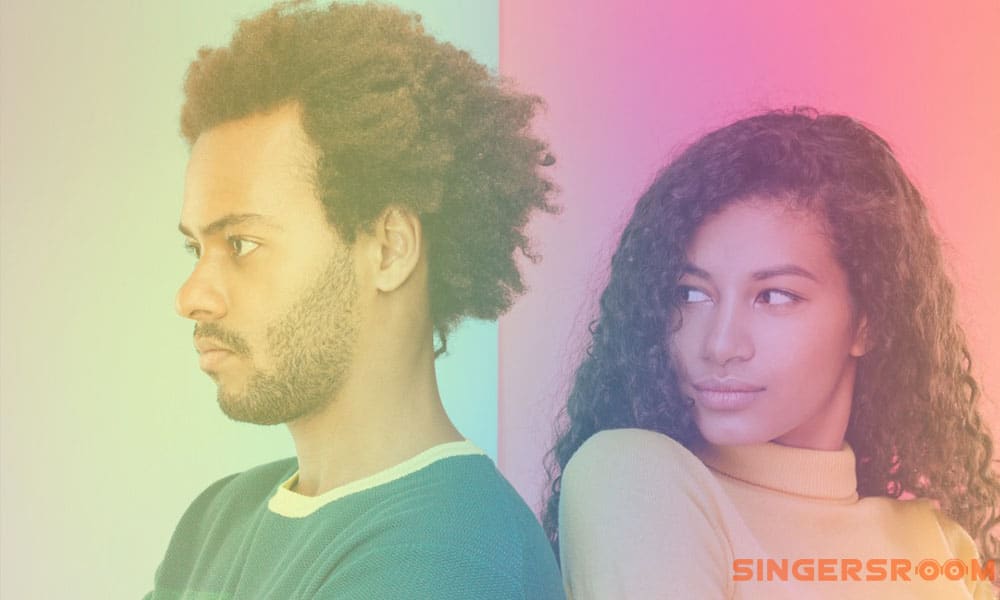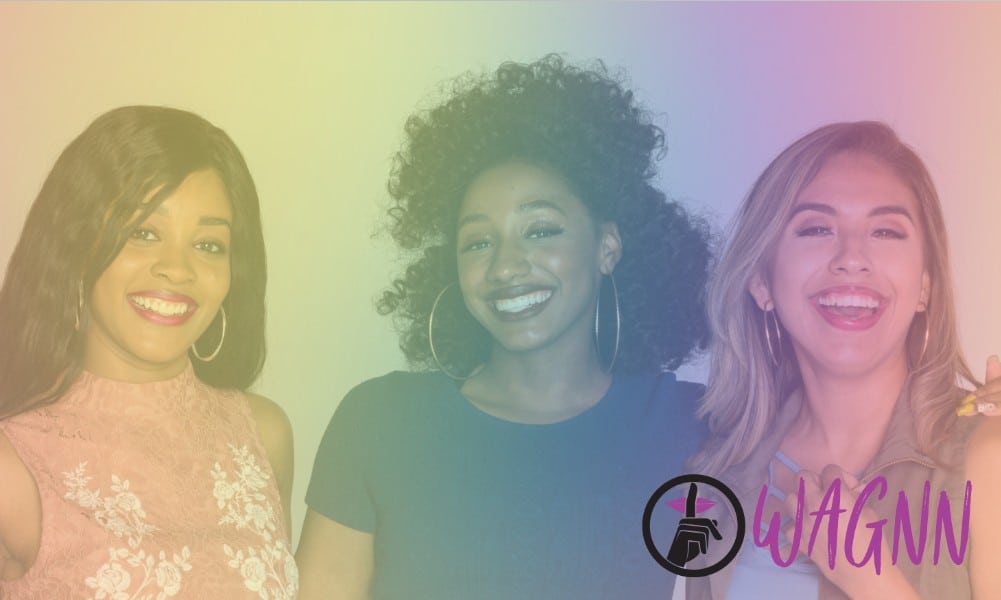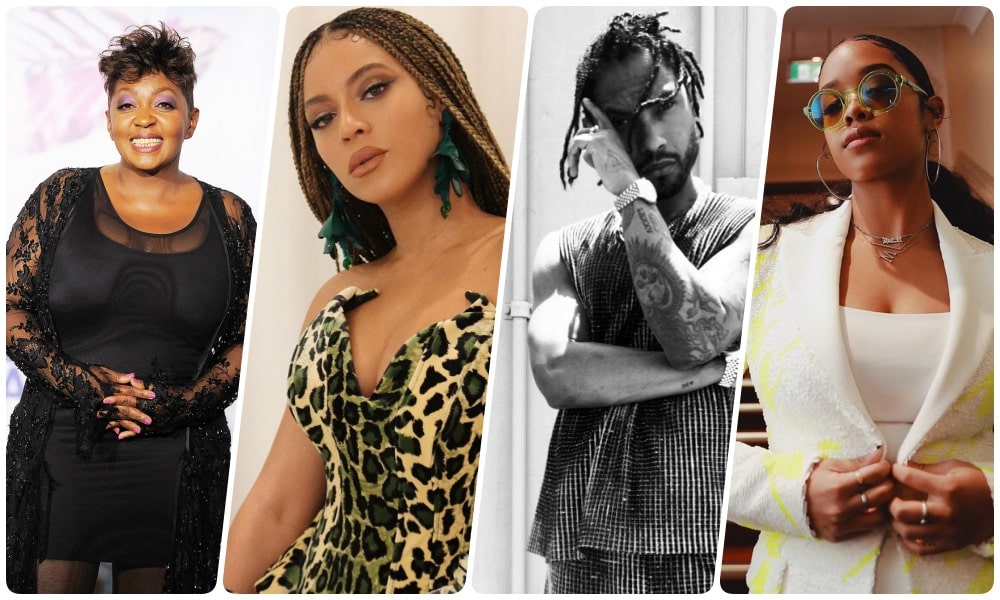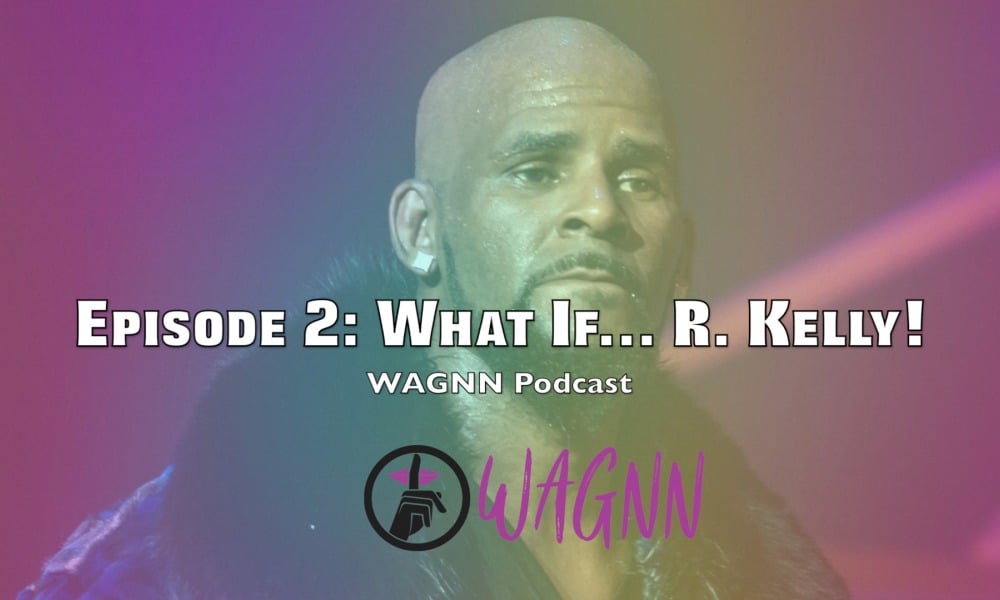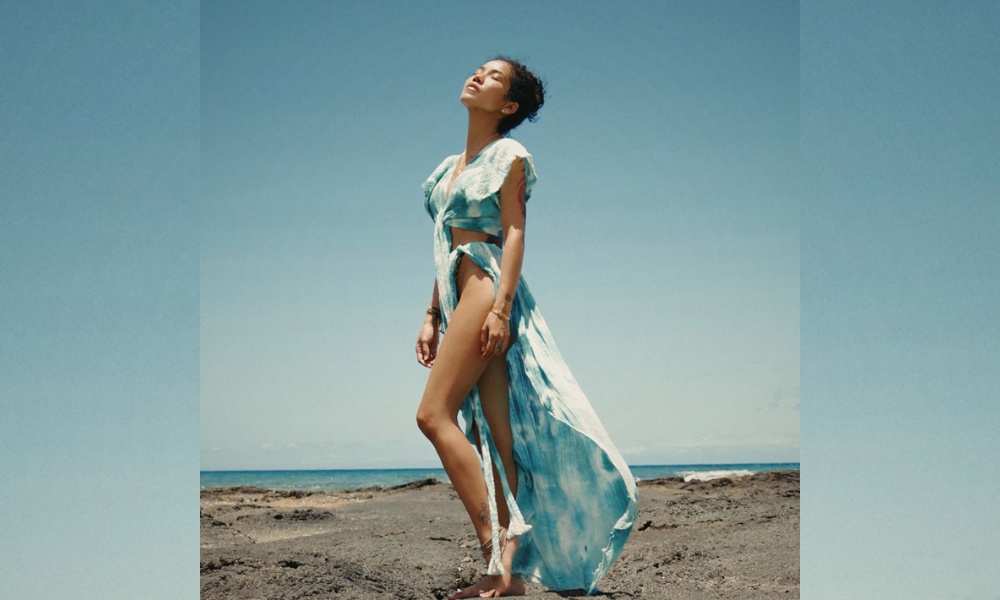American popular culture is filled with negative images when it comes to minorities. Women of color in particular are often portrayed in less than flattering lights. More often than not, women in hip-hop are treated as objects. They are as big a part of the hip-hop cliché as a foreign sports car or a flashy chain. One woman is doing her part to change some of those images. And it’s not some sixty-five year-old council woman either. It’s the industry’s A-list DJ and Producer, Beverly Bond.
When Bond first came to New York at age seventeen, it wasn’t to pursue music. She came by way of Maryland to become a model. After achieving her goal and seeing a fair amount of success in the modeling world there was still something missing. Although happy with her career as a model, Beverly’s first love has always been music. Being an avid record collector she began practicing her turntable skill merely as a hobby, but destiny sometimes reveals itself when you least expect it. After starting small, Bond built a name and reputation for herself among the “it” circles and has since been the go to DJ for people like Kimora Lee-Simmons and Sean “Diddy” Combs.
But there’s more to this model turned DJ than an ill scratch game or a mean walk. With the help of her mentoring organization, Black Girls Rock Inc, Beverly Bond wants to empower young women of color and help change how they’re viewed in popular culture.
Singersroom: What made you want to give up a good career as a model to become a DJ?
Bond: It kind of happened on its own. It wasn’t like I left modeling to become a DJ, I became a DJ in the process of me doing it as a hobby, while modeling. It just got to a point where DJing paid just as much, if not, more than the modeling. It’s not like I was Naomi Campbell. I wasn’t a supermodel so my day rate was like $2,500. So as me DJing became more popular it became more lucrative for me to DJ and as my reputation built and I became more famous for the things I did, it just didn’t make sense to endure some things that I would have to before. Like when I did the Mercedes ad, it wasn’t like I got a lot of money for it but it was me modeling. I wasn’t just a girl that tried out for the job; it was an ad for me.
Singersroom: What are some of the biggest similarities between the modeling and music worlds?
Bond: It’s all so glamorous, especially the gigs that I do. It’s all entertainment. The thing about modeling is unless you are a Naomi Campbell, you’re knocking on doors everyday. I was fortunate enough to have a fulltime modeling career. I was with one of the top agencies, Wilhelmina, so I didn’t have to go and get a second job to supplement my modeling. I didn’t have to do the version of modeling they have now-a-days, which they have the girls doing those sleazy kinds of things. I didn’t have to do any of that so it was very fortunate, but it was also a hustle. You’re knocking on doors everyday hoping to get a job and there is nothing guaranteed. While in DJing, my reputation is what propelled me and for me it’s more fulfilling. Not saying modeling is easy because it’s more than just posing for pictures but once again I wasn’t a Naomi Campbell so at the level I was on it wasn’t all that fulfilling. Music is what I love. It’s my soul so I’ve found my calling, absolutely.
Singersroom: In studying you found that there wasn’t much variety out there as far as what the DJ’s were doing?
Bond: Exactly. There are so many good songs that were around before we even got here that it gives you so much room at the beginning of the night. I then developed my styles based on my freedom to be diverse. And I was free to be diverse at first because I was the opening DJ. Then as people heard me play they’d be like “wow! Who is that?” Plus, in my mind I need for things to make sense. I won’t put on one song then switch to something that doesn’t fit into the story. And I know not to play the songs that me and maybe two other people will know. I’m not there to educate you to music you don’t know. If the music doesn’t make sense to anybody but me, it won’t work. I take people on a musical journey. Getting to the hits is the easy part. Anybody can spin the hits it’s the digging in the crates that really counts.
Singersroom: You’re known for rocking with mixed crowd, do you have a certain approach to certain parties or do you just do what you feel?
Bond: I never treat any crowd different. I bring everything. I never assumed that people don’t know music and that’s where a lot of DJ’s go wrong. They assume that just because you got a “corny” corporate crowd they’re not going to be able to really play anything. Now, you might be playing mostly commercial, but sometimes when you dig a little bit and throw something on you’ll have people like “whoa.” I’ve built my reputation from everything I’ve done. From Diddy to Sarah Jessica Parker, people come to the event not thinking they’re going to pay attention to the music and end up paying so much attention to it.
Singersroom: Being a woman in the industry, particularly in hip-hop, women sometimes have a harder fight to prove themselves than men. What were some of the obstacles you’ve faced?
Bond: I don’t try to pay attention to the obstacles as much as I try to just make shit happen. I’d advise anyone to create your own lane and go with it. There’s always going to obstacles or whatever. For example, I’ve found that, and I wrote a blog about this, the execs and rap moguls have a preference for privileged, white DJ’s. And it’s insulting to the black DJ’s because we grew up on the music. That is an industry wide thing. If you go to any of these parties it happens almost every time. I wrote a blog about it because I felt like I had to say something. As a black person I feel like I have to document the times that I’m in and talk about what I see. And it’s nothing against the white DJ’s because half of my friends or white. But I just felt like there was such a slighting of the black DJ’s. Like we’re not worthy enough. It’s even to the point like a ?uestlove or a Q-Tip, who you’d think would be doing more of these parties, they’re not the preference. I told my white friend who came to me about this because he felt he was mentioned in the blog I wrote, it’s not about you it’s about black on black crime. We don’t empower ourselves, we don’t provide ourselves with opportunities, and that’s why we can’t get anywhere as a whole. That is definitely an obstacle and my way of dealing with it was talking about it. And I am noticing that from the time I wrote that I see a lot more black DJ’s at these celebrity parties. [laughs] I would like to think I made some sort of impact.
Singersroom: So what is your key to success in the entertainment industry?
Bond: It’s really about finding your niche, finding your way. Everybody can’t do everything. Everybody doesn’t want to just play commercial hip-hop. Like Rich Medina. Rich medina has one of the longest running parties in New York. It’s consistently full and consistently nice. I’ve even seen Diddy in there. And it’s not like that’s something you’d expect to see Diddy at. He keeps his own thing. That’s the most important thing. Even if you plan on being the best commercial DJ, finding your own thing is very important. 
Bond: I started Black Girls Rock as a reaction to what I was seeing as far as society’s view of women of color, particularly in entertainment and media. I felt like there are some things that I see and think it’s funny to a point. And I’m a hip-hop DJ so there are some songs I have to play. But I just felt like the messages we’re sending out to our own people and the messages we’re sending to our kids is wrong. It’s a constant abuse, a constant attack on women of color. So I was going to make a t-shirt that said “Black Girls Rock” but when I said it out loud I thought this is bigger than a t-shirt, this is a movement. Every black girl needs to know that. It’s not just about me making some money off a t-shirt. So I started the mentoring organization. Once I started that, I simultaneously started the awards. It just came to me to start the Black Girls Rock awards because we need to celebrate ourselves. There’s no one saying things like this to us. I went to a movie, Resident Evil I think, and the star (Milla Jovovich) is my new favorite female action hero. I love her. She replaced Angelina Jolie, who replaced Uma Thurman, and as I’m going down the list I was like “wait, where are the black girls?!?” There’s nothing against white women but I was just like “where are the black women?” We don’t have a 2008 Pam Grier character and these women are all Pam Griers. They’re all kicking ass like she used to. But that’s just one example. We’re not getting any positive reinforcement. We’re not getting messages that we’re worthy. So I was like “I know I’m worthy.” But for some reason, people aren’t saying it. And now we don’t have to worry about others saying it because we can tell ourselves. Young women of color don’t have to come up feeling like they are less than.
Singersroom: You deal with a lot of minority and non-minority people in the industry. Did you receive any criticism or harsh words for your slogan?
Bond: Someone put it like this, just because I hear the saying “blondes have more fun” doesn’t stop me from having hella fun. I don’t take offense to people saying blondes have more fun. Just because someone says that doesn’t mean I don’t have fun. It’s the same thing. Black Girls Rock is an empowering statement. It doesn’t mean that white girls don’t rock. We know white girls rock. I just gave a list of my favorite sheroes. But we’re told that white girls rock. Black Girls Rock is a statement that needs to be told to us because nobody is telling us, not even our own. And it’s really more of an internal issue than anything going on outside of us. I don’t expect other people to not be prejudiced against us. I expect us not to be prejudiced against one another. That’s why we started the awards and the Black Girls Rock campaign in general. We just wanted to show them that there are other options out there. And I’m not telling anyone what they should do. If your heart of hearts tells you to be the “freak of the week” then more power to you sis, but everybody shouldn’t think that’s their only option. It’s short lived, you don’t get any respect, and most of the time it doesn’t get you anywhere.
Singersroom: What are some of the things you do in the mentoring program?
Bond: What we’re doing with the mentoring program, the first program is with the Scratch DJ Academy. The girls go and learn about music, music history, the business, as well as DJing. It’s incredible to watch them. They’ve only been in the program a short time but they can already cut and they’re working on mixing. It’s so cool to watch them and to see how smart they are and how great they can be. But the problem is they don’t know they’re being attacked. We want them to continue to keep that energy so they won’t feel like they have to compromise themselves to get a job or get ahead in whatever they do. They shouldn’t feel like they have to be a “hoe” to be glamorous. The statement itself is so encouraging. Just when you’re walking down the street and you’re wearing one of our t-shirts and a little girl looks at you and says “black girls rock. That’s what’s up.” I get so excited it’s like ‘oh, they get it.’ And there’s a lot of self hatred going on so there are people who probably won’t get it but hey, I’m trying to make them all get it and go from there. The self esteem is so low. And it’s not just a black girl issue, but a female issue and a black people issue. But we have to start here.
Singersroom: What are some of the images portrayed that you feel we as the media encourage that we need to change?
Bond: You remember when BET was showing BET Uncut? I was insulted for all the brothers and sisters I know that are in music. They won’t play a Dead Prez video but you can be any artist, all you have to do is put a naked girl in the video, and you’re getting coverage. You’re on BET Uncut. It’s backwards. You should be rewarded for the art you do. And it’s not that sexuality can’t be artistic because prince did it all the time. But let’s not be lewd. Don’t let that be the only representation of who we are.
Singersroom: What would be the ideal outcome for all your hard work?
Bond: To make a difference. I want to be sure I did my part to the fullest. And that’s really all I can do. I’m just one person. Like Nas said when Hip-hop is Dead came out. I’m only one person. I’m not the answer but I’m here to help. That’s it, just trying to be part of the solution. —— By: Haaron Hines
Since 2005, Singersroom has been the voice of R&B around the world. Connect with us via social media below.

